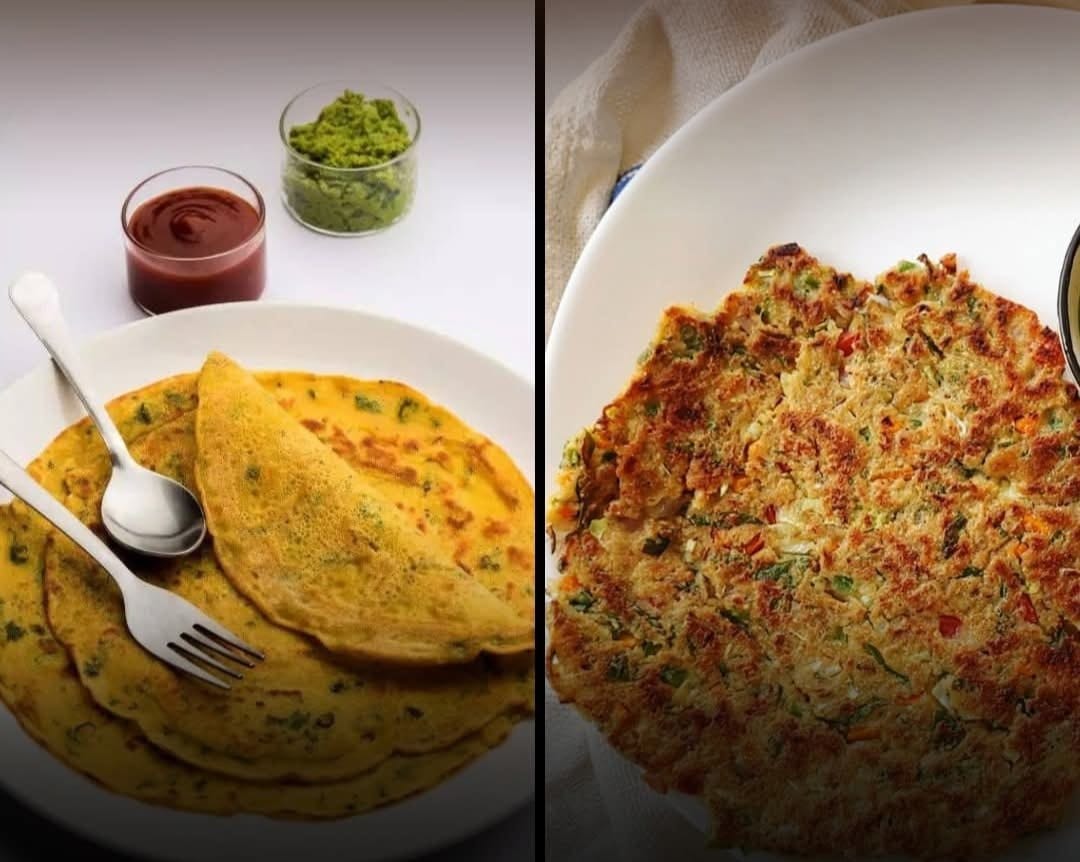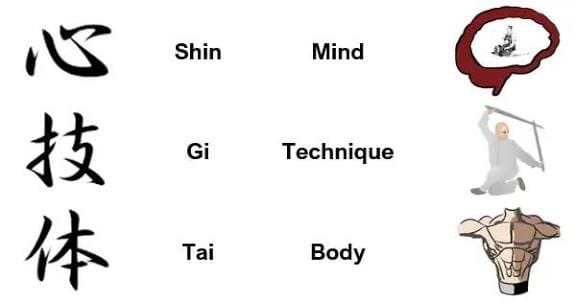 Image Source: Facebook
Image Source: Facebook
As weight loss continues to be a top health priority, breakfast choices play a crucial role in supporting this journey. Among popular Indian breakfasts, besan cheela and oats cheela are often compared by health enthusiasts keen on balancing nutrition, satiety, and weight control. Both savory pancakes offer unique nutritional profiles and benefits, but which one truly supports better weight loss? Today’s analysis dives deep into the nuances of besan and oats cheela to help decode the ideal morning meal.
Key Highlights
Besan cheela is rich in protein and provides steady energy along with muscle health support.
Oats cheela offers higher dietary fiber content, promoting fullness and gut health.
For weight loss, oats cheela slightly edges out due to its ability to reduce cravings and prevent overeating.
Both cheelas are low to moderate in calories and can be highly nutritious when prepared with minimal oil.
Alternating between besan and oats cheela can present a balanced approach to enjoy varied nutrients.
The choice depends on individual goals such as muscle building, digestion, meal timing, and taste preferences.
Why Breakfast Matters in Weight Loss
A wholesome breakfast sets the stage for metabolism regulation, energy maintenance, and appetite control throughout the day. Nutritionists emphasize a meal that is filling yet low in unhealthy fats and sugars. Cheela, a traditional Indian dish resembling savory pancakes made from flours mixed with vegetables and spices, fits this requirement beautifully. It is light, customizable, and quick to prepare — a practical breakfast for modern lifestyles aiming to lose weight without sacrificing taste.
Protein-Rich Besan Cheela: Muscle and Satiety Ally
Besan, or gram flour, derived from chana dal, is a powerhouse rich in protein and natural fiber, providing a sustained sense of fullness and promoting muscle repair during weight loss. Its gluten-free nature and low glycemic index help keep blood sugar stable, a vital aspect in weight control. Besan cheela typically packs around 236 calories per serving with about 10.7 grams of protein and 7.9 grams of fiber, supporting digestion and satiety. Its higher protein content makes it ideal for those focusing on muscle maintenance alongside fat loss. Paired with vegetables or sprouts, it forms a nutrient-dense meal that energizes the body efficiently .
Fiber-Powered Oats Cheela: Satiety and Digestive Health
Oats, a whole grain known worldwide for heart-health and weight management benefits, is high in soluble fiber, particularly beta-glucan, which slows digestion and enhances fullness. Oats cheela, usually made by grinding rolled oats into flour mixed with curd and spices, delivers slow-digesting carbohydrates that maintain steady blood sugar levels and reduce unnecessary snacking. A typical oats cheela serving contains around 162-203 calories and offers approximately 6-13 grams of protein along with 4.6-7 grams of fiber. It promotes gut health, improves digestion, and helps in appetite control, making it slightly better for sustained weight loss by reducing cravings .
Calorie And Nutrient Comparison
Besan Cheela:
-
Calories: ~236 per serving
-
Protein: ~10.7 grams
-
Fiber: ~7.9 grams
-
Low glycemic index
-
Gluten-free
-
Rich in iron, folate, and magnesium
Oats Cheela:
-
Calories: 162-203 per serving
-
Protein: 6-13 grams (variable by recipe)
-
Fiber: 4.6-7 grams
-
High beta-glucan content for cholesterol and blood sugar control
-
Higher carbohydrate portion but slower digestion
Both breakfast options avoid added sugars and excessive fats when cooked with minimal oil, enhancing their health benefits .
Tailoring Your Choice To Your Weight Loss Goals
If the goal is sustained satiety and reduced cravings to avoid snacking, oats cheela is marginally superior due to its fiber richness and gut-friendly properties.
For those prioritizing a higher protein meal that supports muscle retention while losing fat, besan cheela is beneficial.
Both meals are nutrient-dense, versatile, and can be enhanced with vegetables, sprouts, or low-fat dairy for improved nutrition.
Alternating between besan and oats cheela allows an enjoyable dietary variety and broad nutrient intake, crucial for a sustainable weight loss journey .
Preparation Tips For Weight Loss Success
-
Use minimal oil or non-stick pans to limit added fats.
-
Add fresh vegetables such as tomatoes, onions, spinach, or carrots to increase fiber, vitamins, and antioxidants.
-
Serve along with low-calorie sides like mint chutney or curd for added protein and flavor without extra calories.
-
Avoid deep frying or adding high-calorie toppings that negate the weight loss advantage.
In Conclusion: Which Breakfast Wins?
While both besan cheela and oats cheela offer commendable support to a weight loss regimen through balanced calories, protein, and fiber, oats cheela holds a slight edge for those looking to curb hunger pangs and prevent overeating across the day. Besan cheela shines when muscle preservation and protein intake are paramount. The best approach is to incorporate both thoughtfully based on daily needs, preferences, and lifestyle.
This balanced breakfast strategy not only fuels the weight loss journey with essential nutrients but also ensures sustainable, enjoyable eating habits — a key to long-term success in any health goal.
Source: India Today, The Hans India, The Daily Jagran, Nutrition data from FatSecret and NDTV Food .
Advertisement
Advertisement







